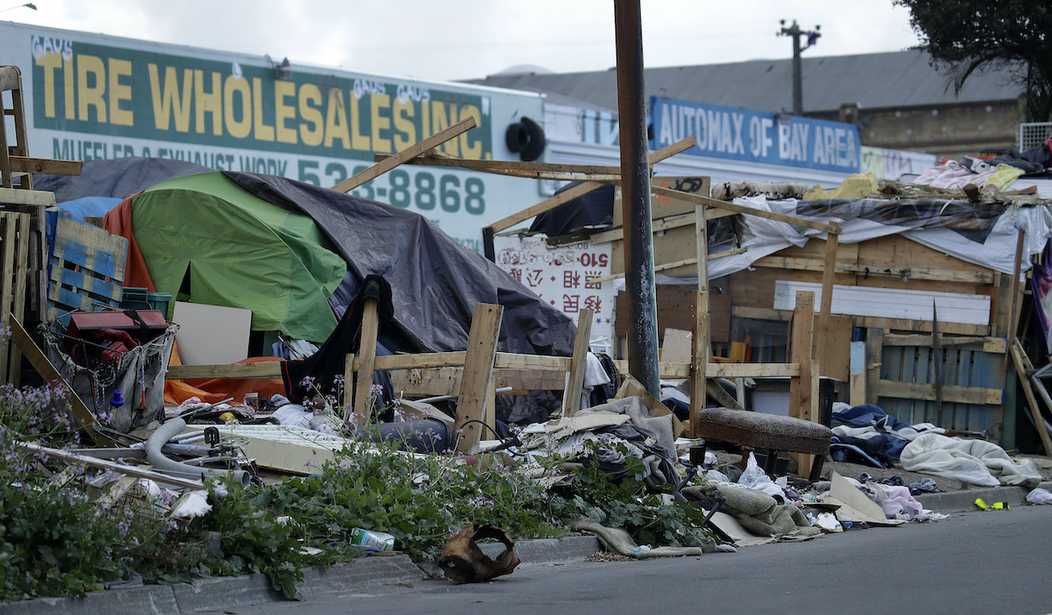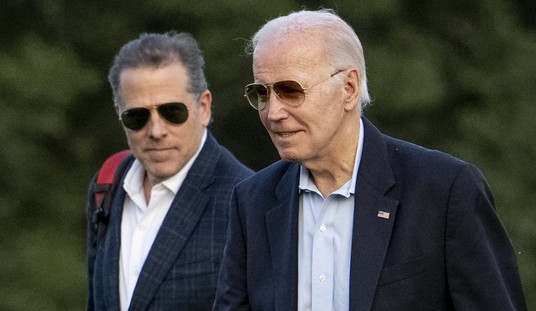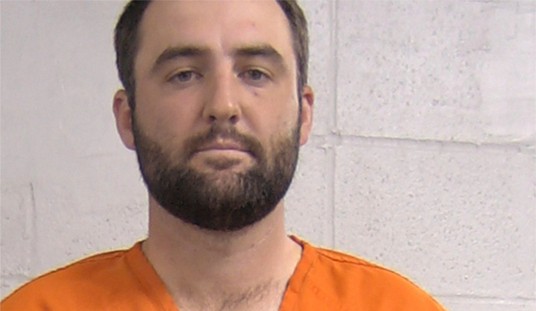There is considerable speculation about where the "cold civil war" alleged to be taking place in the West might be headed. "Is there any possibility of healing the rift and bridging the polarized gap?" From confrontation videos of pro-Hamas demonstrators versus their opponents it seems the answer is no. Both sides of the divide have increasingly set their faces and hardened their hearts. They are no longer attempting to persuade the Other. They are restating their beliefs with no intention of changing them.
What will eventually happen if this trend continues? Logically if carried on for long enough the rivals will diverge, differentiate, and compete. At first just occasionally but over time with increasing frequency, the gap will grow. Eventually, there could be parallel cultures, institutions, and pathways all within the same containing "nation." Roger Simon, in his book, "American Refugees," argues that this is already happening. In Tucker Carlson's summary:
When drought came to the prairie in the 1930s, thousands of Americans moved west to a better life in California. Ninety years later, their descendants are leaving in the wake of another disaster, this one more destructive than the Dust Bowl. Roger Simon is among the many refugees fleeing blue state neoliberalism, and he's written the best account of our generation's greatest migration.
It's not hard to see how in addition to these Red-Blue physical relocations, virtual states might also form. Within a single geographical space, parallel arrangements might arise separated by digital walls. The technology to effect this is ready to hand. Smart and augmented reality glasses, for example, could be set up to tag those similar to you and guide people to the preferred establishments of your tribe.
As databases improve, these assignments will grow ever more accurate. You can live in your own bubble however you prefer it, as little or wide as you want, without having anyone intrude upon it. Even in the 1970s, film critic Pauline Kael could achieve this feat. "I live in a rather special world. I only know one person who voted for Nixon. Where they [Nixon's other supporters] are I don't know."
The downside to this separation is insularity and loss of diverse information. The upside is that subgroups cannot dump private costs on the commons. With definite boundaries, each tribe will be stuck with the consequences of everything it does. The great advantage of socialist ideologies, that of passing on the cost of mistakes to the taxpayer, will be harder to pull off. But in a virtually partitioned society, it will no longer be easy for the club of poor choices to lose itself among the functional.
Evelyn Waugh captured this reckoning in the words of his character Charles Ryder in "Brideshead Revisited." "Perhaps that's one of the pleasures of building, like having a son, wondering how he'll grow up. I don't know; I never built anything, and I forfeited the right to watch my son grow up. I'm homeless, childless, middle-aged, loveless." But what happens when the homeless, childless, middle-aged, and loveless start to panic?
What one does not have is a right to avoid the costs of those choices by hiding in the crowd. This is exactly what pro-Hamas protesters are trying to do by seeking amnesty for their actions. "Maryam Alwan figured the worst was over after New York City police in riot gear arrested her and other protesters [at] Columbia University ... But the next evening, the college junior received an email ...[they] were being suspended."
They are now demanding amnesty. "At issue is whether universities and law enforcement will clear the charges and withhold other consequences, or whether the suspensions and legal records will follow students into their adult lives."
But had the protest played out to their advantage, however, they would have been happy to dine out on the story of their courageous youth into their retirement and even repeat it with embellishments on the campaign trail if they were running for office. But since the gambit bombed, then "we're just like you" again.
That is what is meant by the danger of privatizing profits and socializing losses, in this case, the ability of student protesters to reap the benefit of militance while receiving amnesty for its costs. Much of this can be avoided if society splits up, such that each partition has limited liability for the foibles of others.
Of course, benefit sharing will be limited too, but groups confident they can succeed by their own efforts won't mind risking the loss of a bailout they won't need. A lot of people may be saddened by fragmentation, the demise of the old clubby, easy-going, good-humored solidarity. But as Shakespeare put it:
Let him depart; his passport shall be made
And crowns for convoy put into his purse:
We would not die in that man’s company
That fears his fellowship to die with us.
Ironically, people who profess to hate you may precisely be those most reluctant to part company. Recently, a spate of lootings in California encouraged by permissive district attorneys pushed some retail stores to close and move elsewhere. In response, San Francisco is considering an ordinance that would let people sue supermarkets that close without giving the city six months' advance notice.
Don't go. And if you go, we'll follow, says Forbes. "America is on the move like never before. Some would say at a tectonic level and for many the driver is as much political as it is economic. The top five states seeing a mass exodus are all Democrat-controlled. According to the U.S. Census Bureau, California, New York, New Jersey, Michigan, and Illinois lost a combined 4 million residents between 2010 and 2019. Conversely, a recent study by U-Haul reported that the top five states to see the greatest influx of new residents include the Republican-led states of Florida, Texas, Tennessee, Ohio, and Arizona."
The worst thing about today's polarization is that your avowed foe never wants to say goodbye. Continued interdependence, more than physical and digital separation, may be the long-term casus belli of America's cold civil war. Things are hardest when your foes insist on sticking around to reform you.








